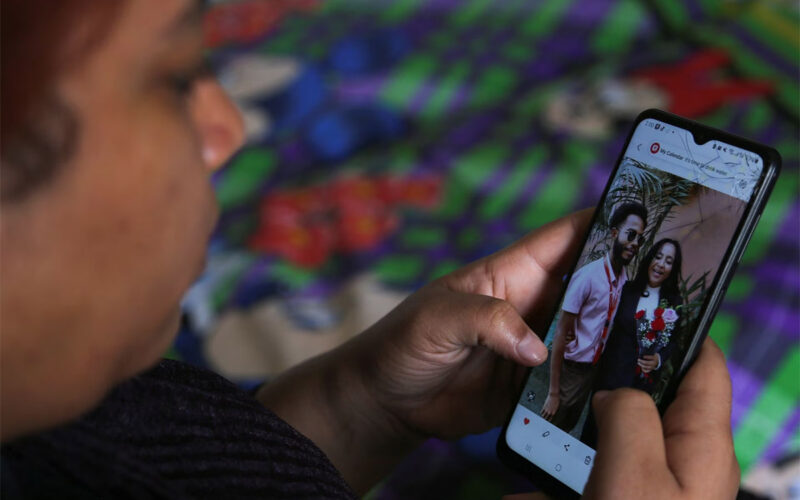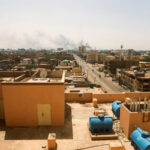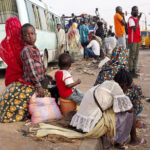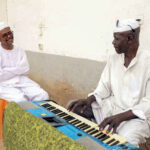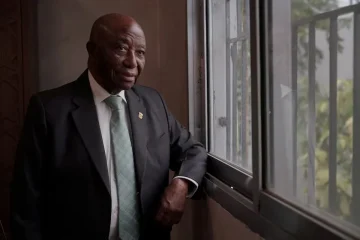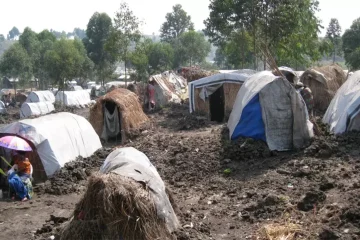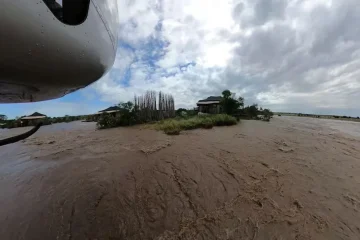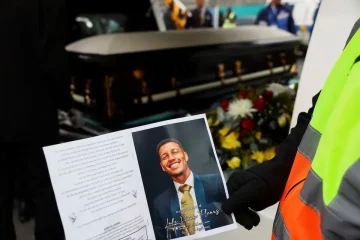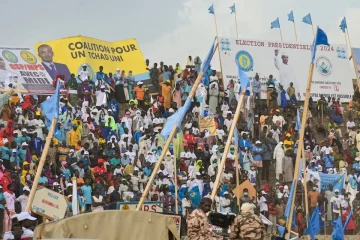RAWAN al-Waleed was expecting to fly from Khartoum to Cairo last week for a wedding. Instead, she ended up travelling from Sudan to Egypt on a bus her family chartered to escape a war.
The family left after a rocket hit Waleed’s family home in Khartoum’s Al Amarat district on April 18, destroying the bathroom, as fighting raged between Sudan’s army and the paramilitary Rapid Support Forces (RSF).
Like other Sudanese who can afford it, they paid 4 million Sudanese pounds ($6,750) to charter a bus to drive about 50 extended family members nearly 1,000 km (620 miles) north through Sudan and across the border to the Egyptian city of Aswan.
Waleed, a 24-year-old who works in digital marketing, said there was intense fighting as the bus headed south out of Khartoum on a road that many have used to escape the city, before looping back north.
They came to an RSF checkpoint and were allowed to pass.
“It is still very scary because you don’t feel safe. It was a very long road. I have my grandmother, who is very old, this was very exhausting for her.”
The bus was among the first carrying Sudanese displaced by the fighting to arrive at the Egyptian border on Friday. Border guards were flexible, Waleed said, waving through people whose passports were about to expire and even some men just over the age of 16, as security rules say adult men need a visa to enter Egypt.
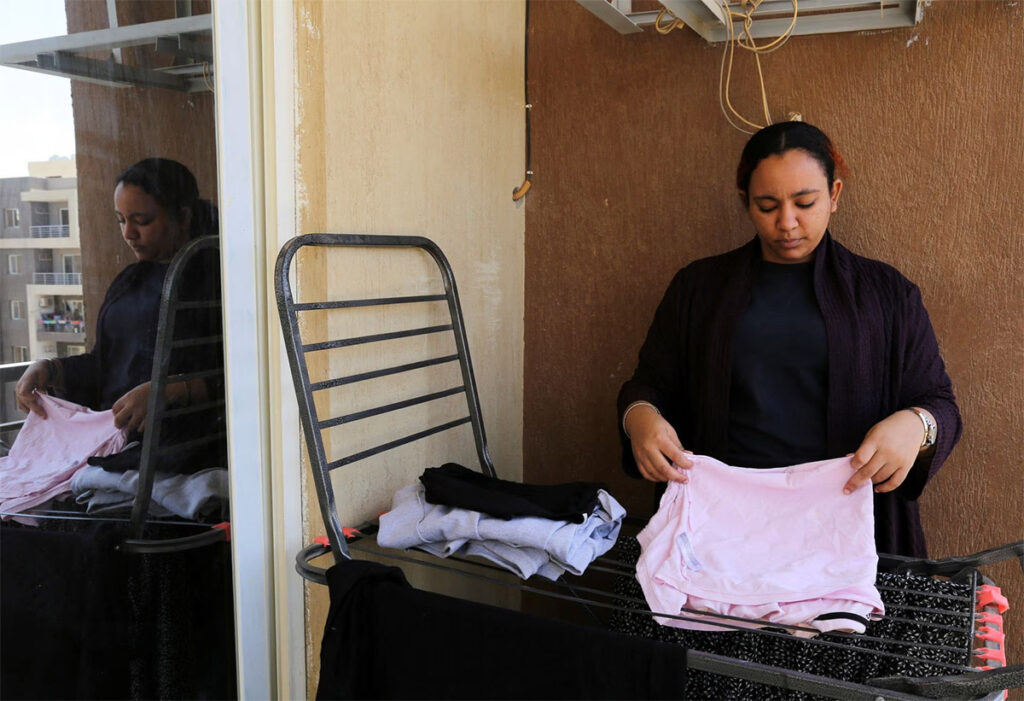
From Aswan, they took a train to Cairo, completing a 72-hour journey.
Waleed is relieved to be away from the fighting, but she left behind friends and relatives including her adult brother. The family were worried they would not be able to secure a visa on time.
“We didn’t know if he will be able to cross the border,” she said in an interview at a residential compound where she is staying in Giza, across the Nile from Cairo. Since internet and phone connections have become increasingly unreliable, she has sometimes had to contact neighbours to check up on him. “He is alone, without electricity, water or food. We don’t know what is happening with him,” Waleed said.
The fighting in Khartoum has trapped many in their homes or neighbourhoods, destroyed or closed most hospitals, caused lengthy power and water cuts, and led to lawlessness and looting in some areas.
Air strikes and artillery bombardments have rung out across Khartoum day and night.
“This was very scary for us and for people in Sudan. Children are gripped with fear,” said Waleed. “Yes I survived, but I’m still worried about those I left behind. The situation is extremely catastrophic.”
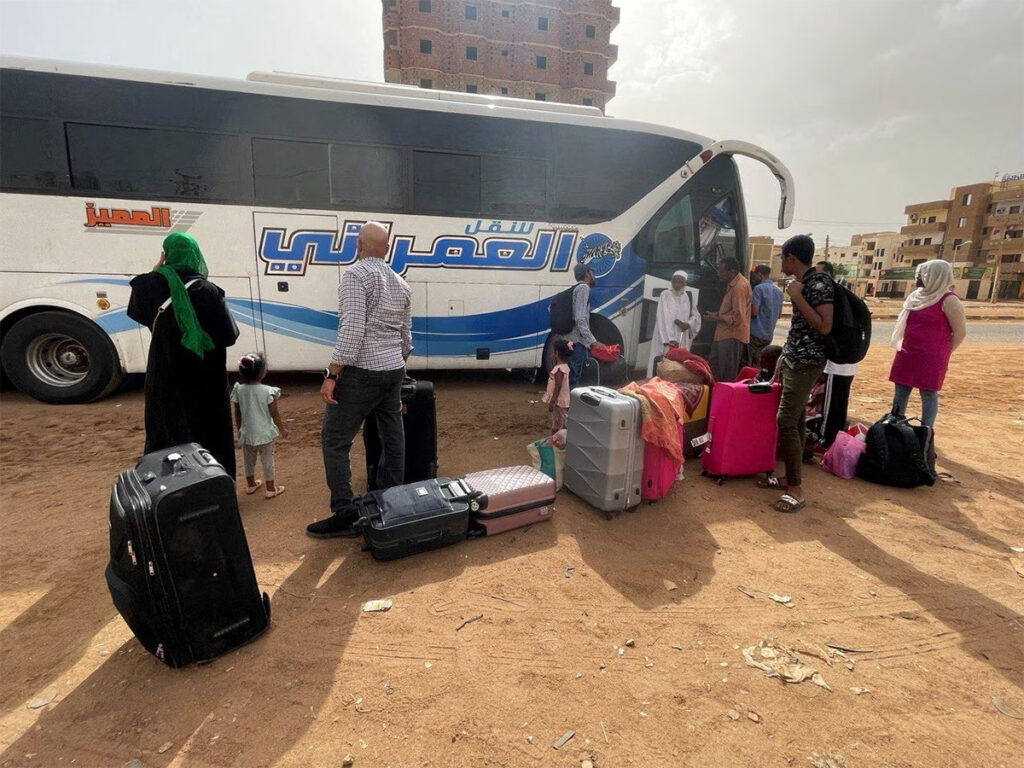
The violence was triggered as the army and the RSF, which jointly staged a coup in 2021, negotiated over a plan for a new transition to civilian rule. Hundreds have been killed and tens of thousands have fled.
“We wanted civilian rule,” said Waleed. “We are innocent, our homes are destroyed while the head of the military council and his deputy are fighting, and we have nothing to do with this.”
Egypt is home to an estimated 4 million Sudanese, and even before the fighting more were heading north to escape economic stagnation.
When Waleed’s family arrived in Cairo they heard children letting off firecrackers to celebrate the holiday of Eid al-Fitr which falls at the end of the Muslim holy month of Ramadan.
“This is part of the trauma we are living with. Any sound of fireworks scares us,” said Waleed.

